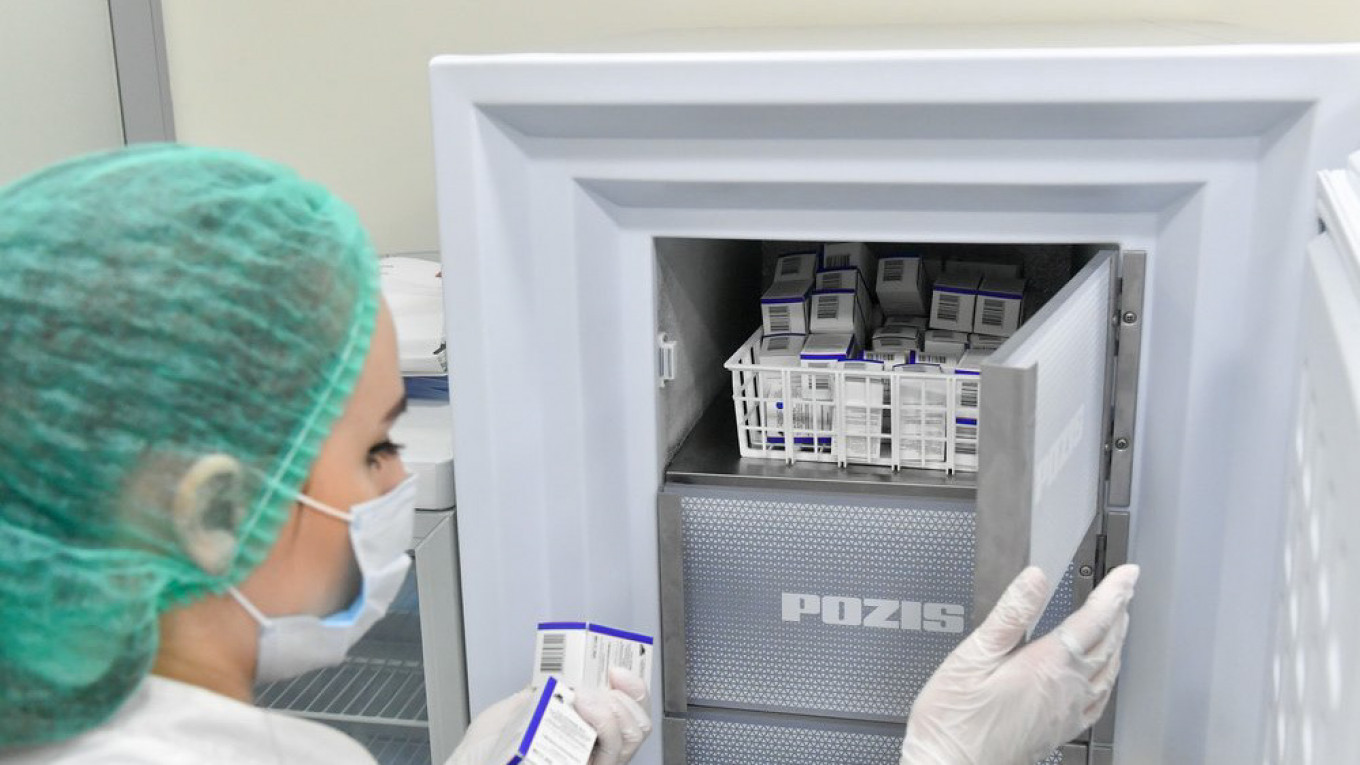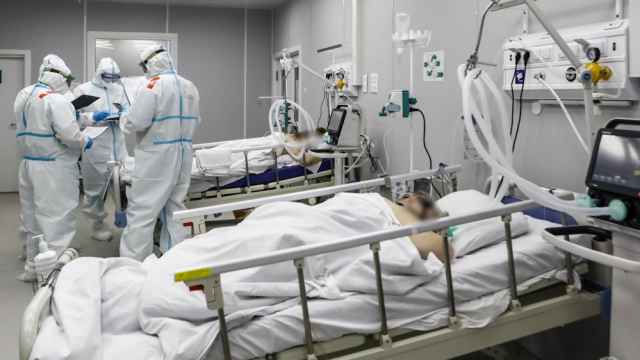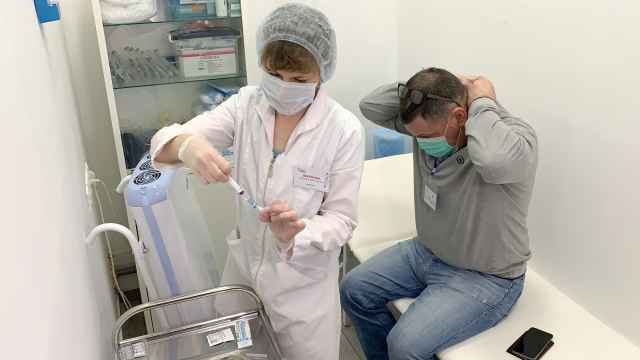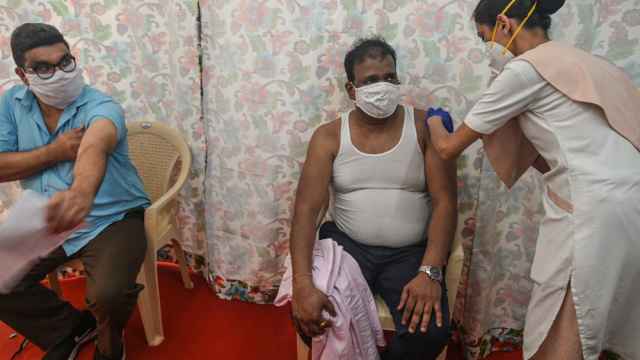Germany is in talks with Russia to buy 30 million doses of the Sputnik V coronavirus vaccine once it is approved by the European Medicines Agency (EMA), Saxony state premier Michael Kretschmer said on Thursday.
"Germany is negotiating 3 x 10 million doses for June, July, August. The prerequisite for this is the swift EMA approval of the vaccine," Kretschmer wrote on Twitter.
Kretschmer posted the tweet after meeting Russian Health Minister Mikhail Murashko as part of a visit to Moscow ostensibly focusing on cultural relations with Russia.
Germany sparked controversy in early April when it said it had started talks with Russia about purchasing doses of the Sputnik vaccine without waiting for coordinated EU action.
Health Minister Jens Spahn said Europe's biggest economy was seeking a "binding commitment on which amounts specifically could reach Germany after regulatory approval and when."
The negotiations come as the two countries are at loggerheads over issues including repeated Russian cyberattacks against the West, the Kremlin's treatment of opposition leader Alexei Navalny and escalating tensions on the Ukraine border.
Germany has until now coordinated its vaccine buying with the EU.
Since inoculations began in late December, Germany has deployed vaccines produced by Pfizer-BioNTech, AstraZeneca and Moderna.
A fourth, from Johnson & Johnson, is expected to be rolled out across the bloc in the coming weeks.
The southern state of Bavaria and the eastern state of Mecklenburg-Western Pomerania have already announced plans to pre-order doses of Sputnik.
The EMA has launched a rolling review of the Sputnik jab, which could become the first non-Western coronavirus vaccine approved for use across the 27-nation bloc.
A Message from The Moscow Times:
Dear readers,
We are facing unprecedented challenges. Russia's Prosecutor General's Office has designated The Moscow Times as an "undesirable" organization, criminalizing our work and putting our staff at risk of prosecution. This follows our earlier unjust labeling as a "foreign agent."
These actions are direct attempts to silence independent journalism in Russia. The authorities claim our work "discredits the decisions of the Russian leadership." We see things differently: we strive to provide accurate, unbiased reporting on Russia.
We, the journalists of The Moscow Times, refuse to be silenced. But to continue our work, we need your help.
Your support, no matter how small, makes a world of difference. If you can, please support us monthly starting from just $2. It's quick to set up, and every contribution makes a significant impact.
By supporting The Moscow Times, you're defending open, independent journalism in the face of repression. Thank you for standing with us.
Remind me later.






